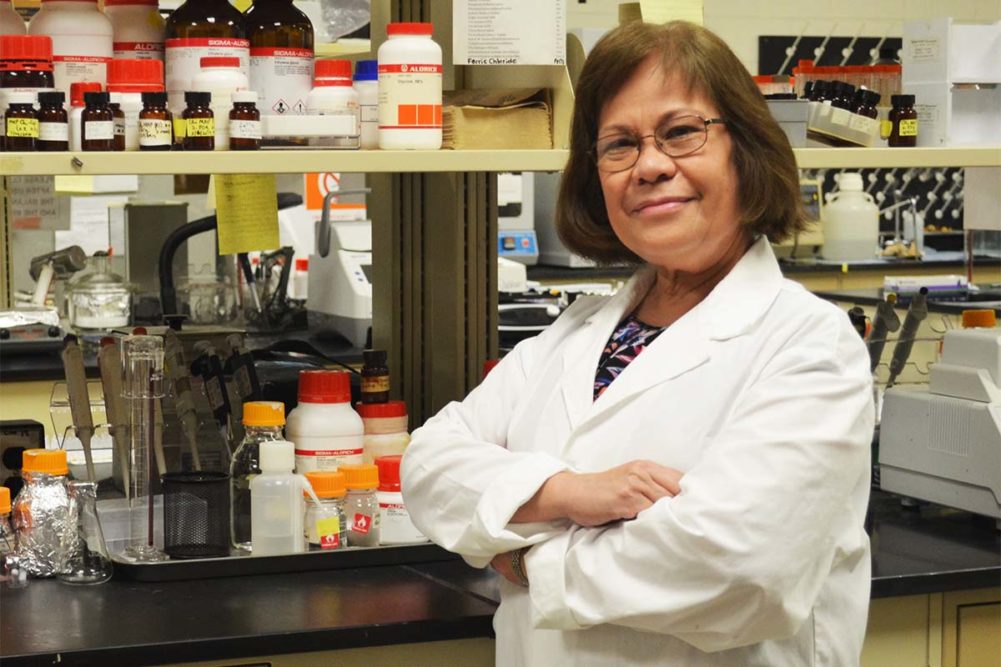EAST LANSING, MICH. — The US Department of Agriculture’s (USDA) National Institute of Food and Agriculture (NIFA) granted a Michigan State University (MSU) research team $769,000 to develop a biosensor test for foodborne pathogens. Tuskegee University is partnering with MSU on this project.
The team’s goal is to expand upon existing technology to develop a cell phone application that quickly relays the test results.
The biosensors will help promptly detect Salmonella and Campylobacter onsite at poultry farms and facilities. Initial tests have been able to detect foodborne pathogens in about an hour.
“Traditional culturing can take days or weeks, and some modern rapid tests are extremely expensive and require training,” said Evangelyn Alocilja, MSU professor of biosystems and agricultural engineering and lead researcher of the project. “The goal is to create rapid tests that are inexpensive and accessible, and easy enough to use that people from many different industries can implement them.”
Alocilja said studies have shown poultry products to be one of the primary causes of infection, carrying bacteria from production and processing equipment.
“We want to ensure that food is safe while also helping processors get their products into the hands of consumers quickly,” Alocilja said. “If we can troubleshoot problems before the products leave farms and processors, that would go a long way to improving profitability and food safety.”


